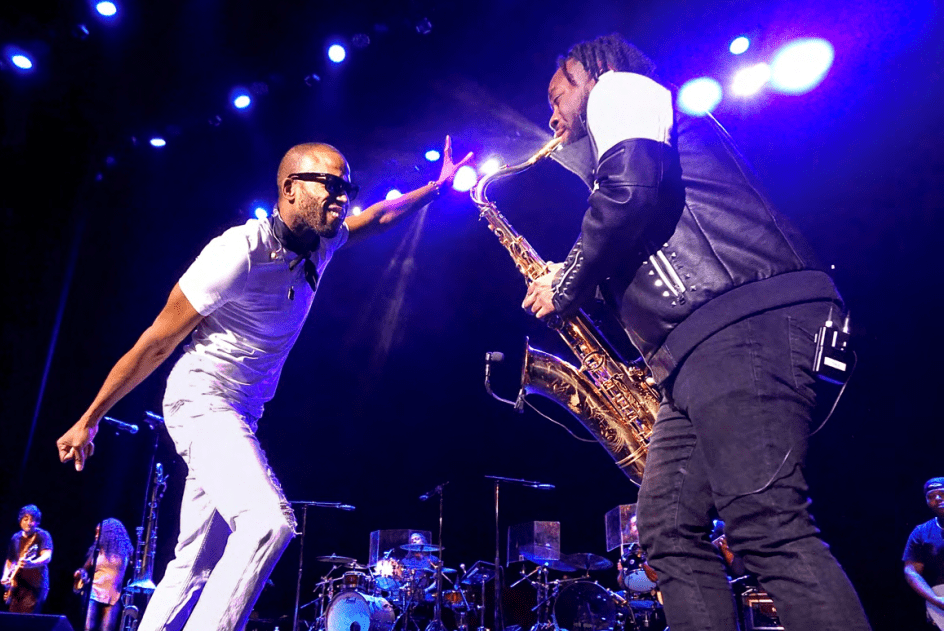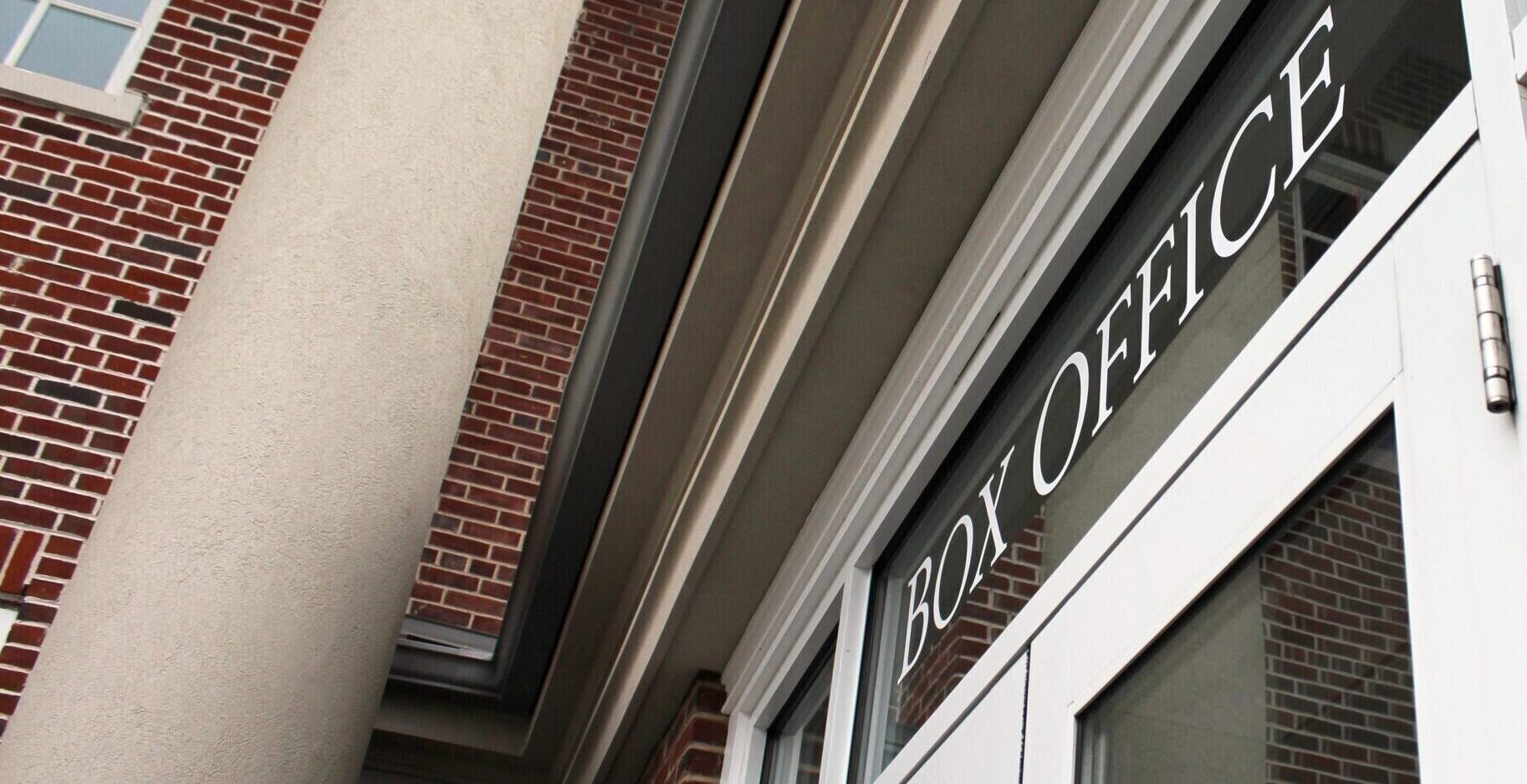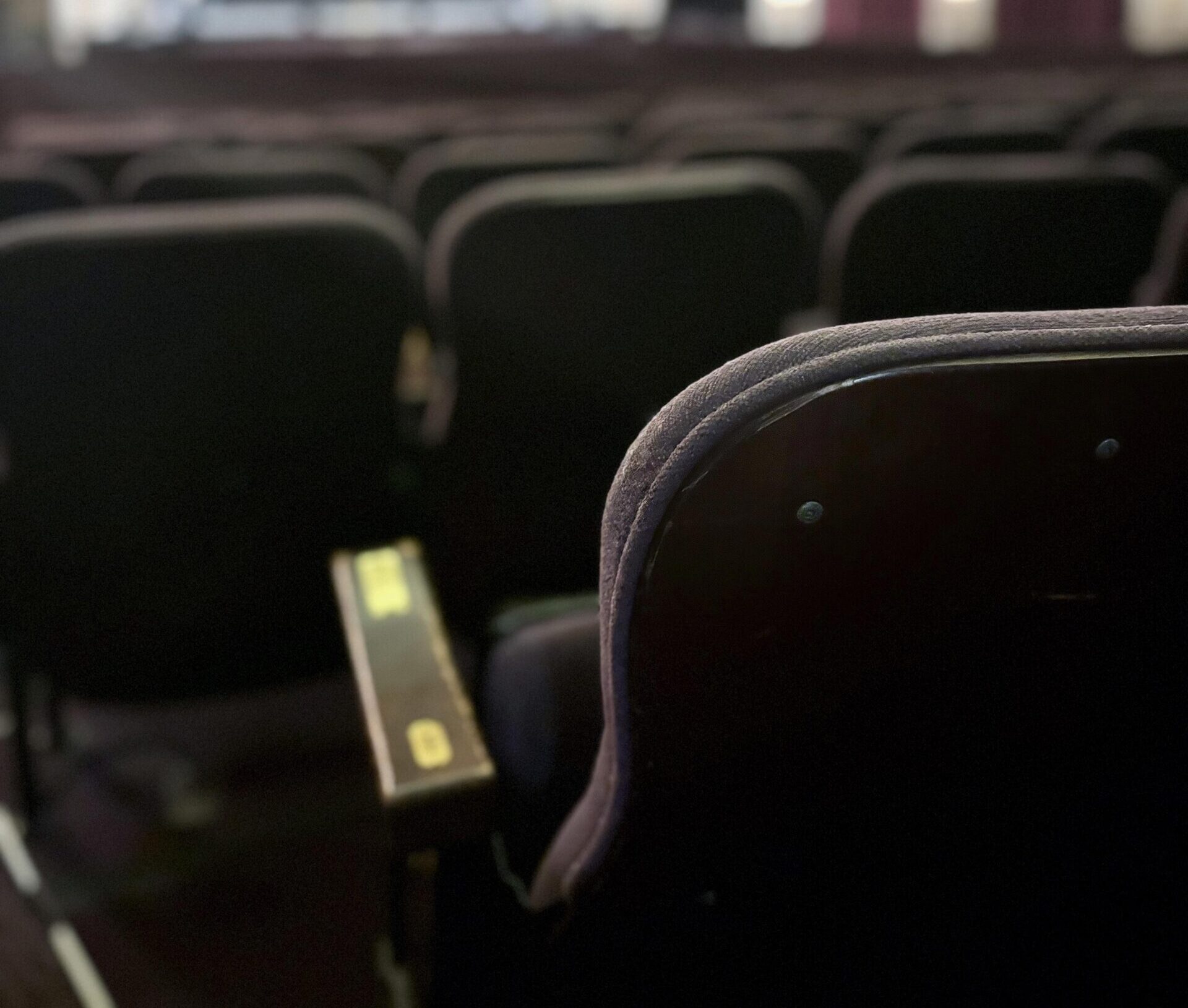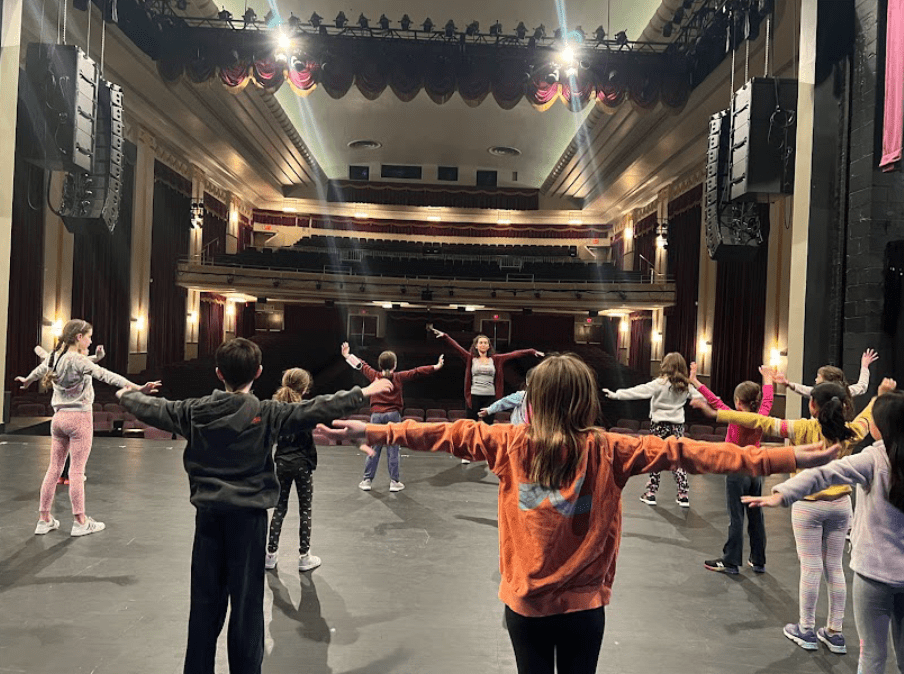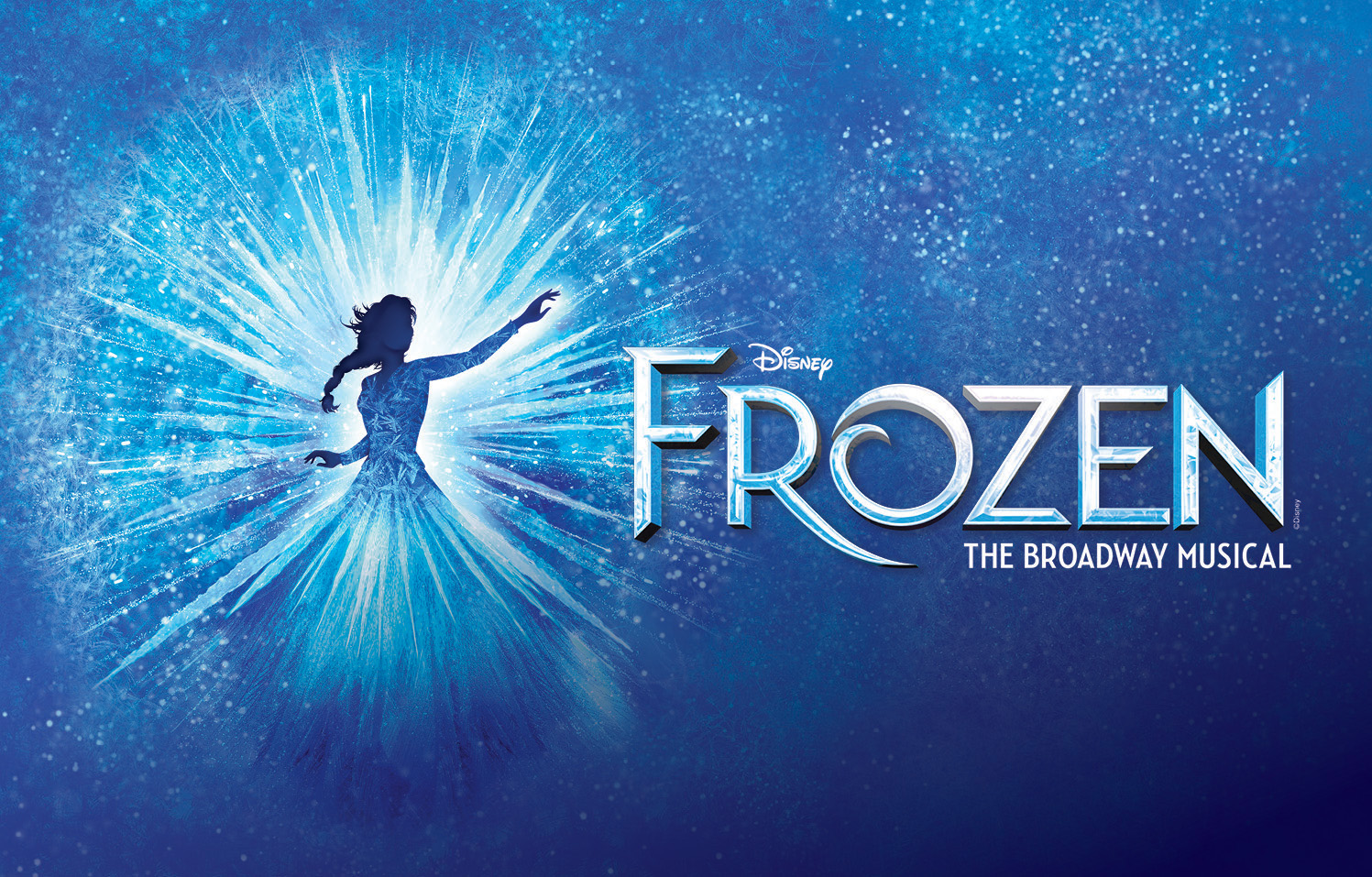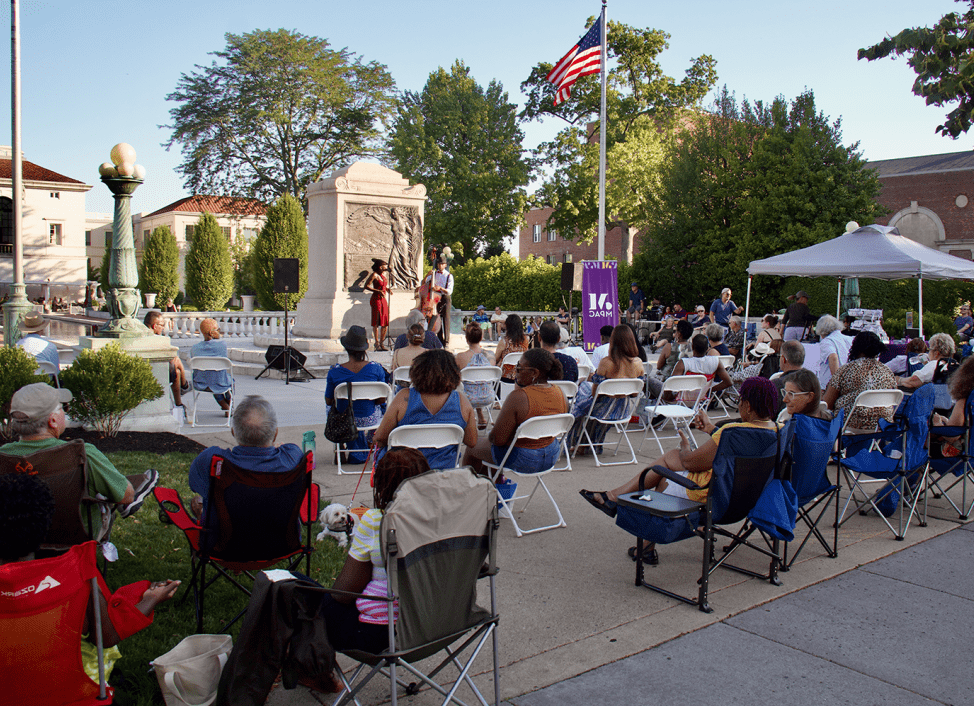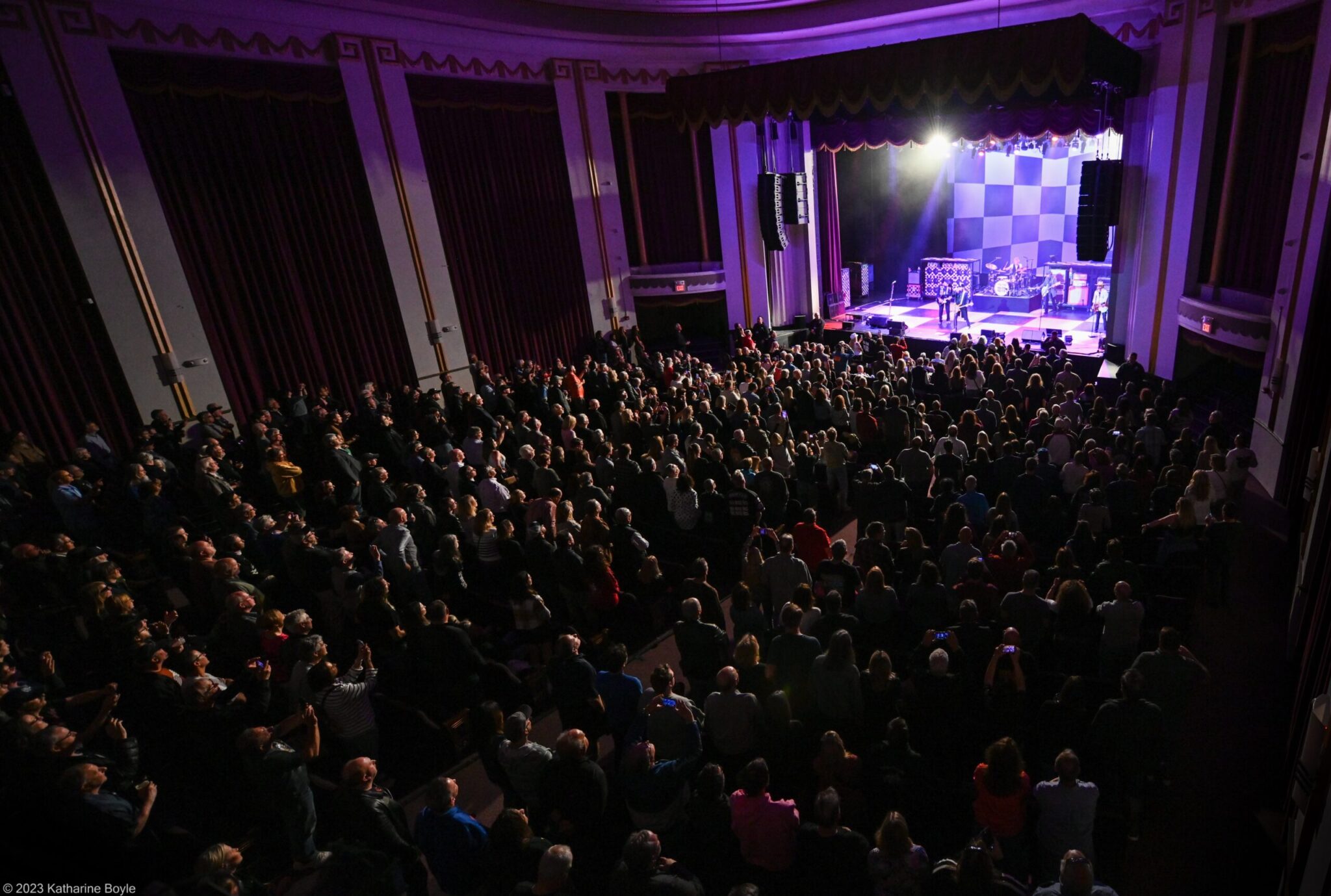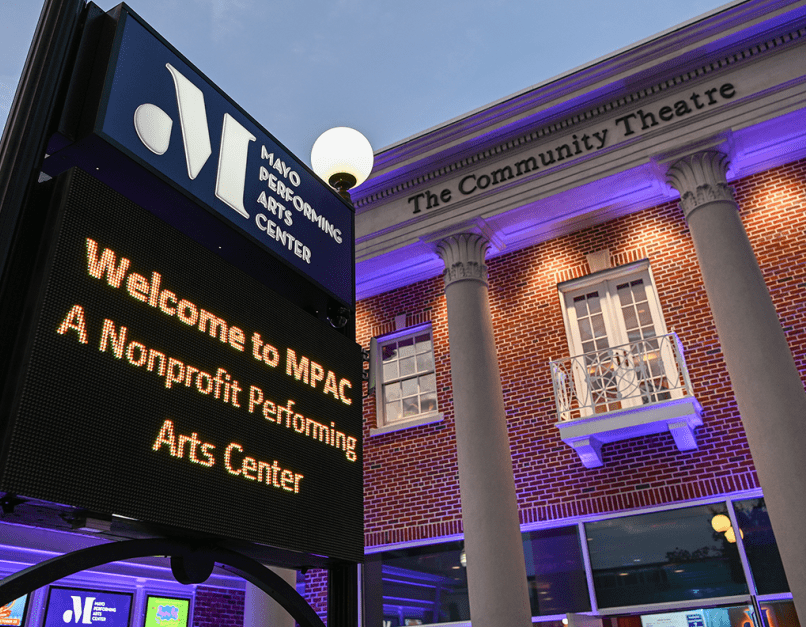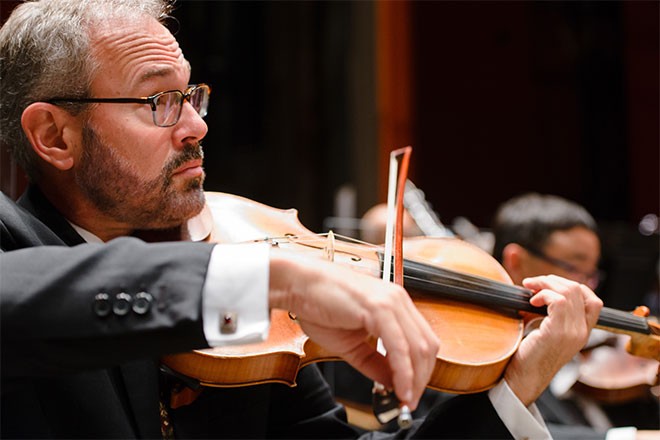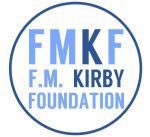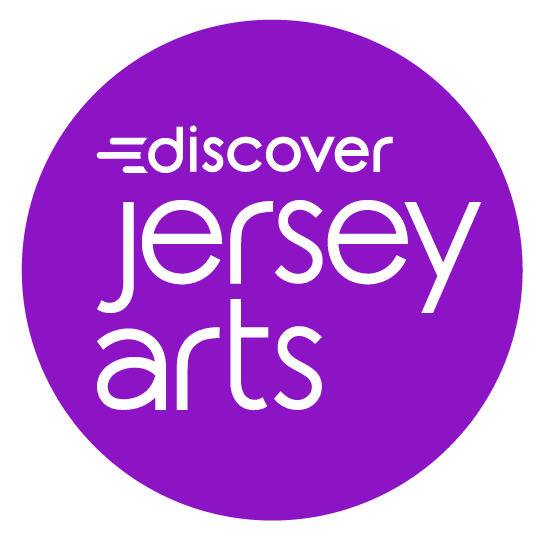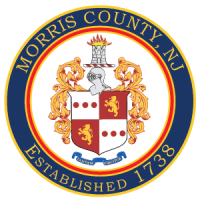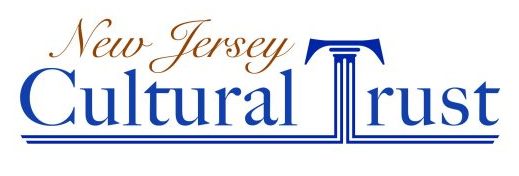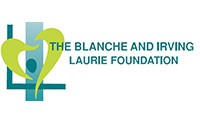Broadway, Walker & Dvořák with the New Jersey Symphony Orchestra Chamber Players
The New Jersey Symphony Orchestra Chamber Players return to MPAC to ring in the summer! Hear favorites from Broadway, trailblazing Black composer George Walker’s moving Lyric for Strings and Dvořák’s beloved “American” String Quartet, plus insights and stories from the NJSO musicians.
NJSO CHAMBER PLAYERS
WENDY CHEN violin
MAYA SHIRAISHI violin
DAVID BLINN viola
SARAH SEIVER cello
About New Jersey Symphony Orchestra:
A world-class orchestra with local roots, creative programming in concerts throughout the state and service to the community through education—these values have been the hallmark of the New Jersey Symphony Orchestra since its beginnings nearly 100 years ago.
In 1922, the ensemble that would later be known as the NJSO gave its first concert at the Montclair Art Museum, a fittingly local venue for the beginning of an organization that has defined itself through its community connections. Philip James led this group of only 19 string players in a program that included music by Purcell, Saint-Saëns and Veracini, as well as the world premiere of The Dark Road by American composer Cecil Forsyth.
Over the next two decades, the Orchestra’s core repertoire was expanded and the ensemble tightened under the leadership of Rene Pollain (1929–40) and Frieder Weissman (1940–47). Composers most frequently presented were Beethoven, Brahms, Haydn, Tchaikovsky and Wagner. An impressive roster of guest soloists graced the Orchestra’s stages, including Percy Grainger, Pablo Casals, José Iturbi, Mieczslaw Horszowski, Joseph Szigeti, Artur Schnabel and Efrem Zimbalist.
Samuel Antek, a Toscanini prodigy and concertmaster under Rene Pollain, became the NJSO’s music director in 1947. His stated need for an orchestra to have “a sense of belonging, of being part of the inner core of a community’s life,” focused the expansion of the NJSO’s role in its communities via music education programs and statewide service. Antek created the “Music for Fun” series of children’s concerts, introduced the first outdoor pops concert on the estate of Augustus C. Studer in Montclair, established the NJSO’s first youth orchestra in 1955 and began radio broadcasts on WNJR.
Following Antek’s sudden death in 1958 and the brief tenure of Mathys Abas, the NJSO was led by Kenneth Schermerhorn (1962–67). A student of Serge Koussevitsky and Leonard Bernstein, Schermerhorn expanded the Orchestra’s performance schedule both in terms of number of concerts and locales, and he broadened its repertoire to include 20th-century music.
With the appointment of Henry Lewis as music director in 1968—making Lewis the first African-American music director of a major symphony orchestra—the NJSO entered a new era of high-profile musical activity. Notable highlights of the Lewis years included the NJSO’s Carnegie Hall debut with famous soprano (and Lewis’ wife) Marilyn Horne, who became a regular guest soloist with the Orchestra during Lewis’ tenure; a performance at the Kennedy Center in Washington, DC, during the venue’s inaugural season in 1971; three outdoor concerts dedicated to the memory of Martin Luther King, in a vacant lot on Prince Street—the site of the 1967 Newark Riots—in 1968; and a concert at the Garden State Arts Center (now PNC Bank Arts Center) with Luciano Pavarotti making his American orchestral debut. (The Orchestra would perform with Pavarotti again in 1984, in the first classical music program ever performed at Madison Square Garden.)
Following Lewis’ departure in 1976 and a year of transition, Thomas Michalak was selected to lead the NJSO in 1977. His programming had a definite Slavic flavor and culminated in an electrifying all-Szymanowski program at Carnegie Hall that garnered considerable praise. Another highlight of these years was the NJSO’s first nationwide PBS telecast, “Gershwin and Song,” with Newark native and jazz great Sarah Vaughn. Vaughan won an Emmy Award for this performance, and the NJSO received national acclaim.
The Orchestra gained even wider recognition under the direction of Hugh Wolff (1985–92). During this time, the Orchestra broadcast live concerts on PBS, performed The Rite of Spring at Carnegie Hall to great acclaim and presented a retrospective of the works of Leonard Bernstein at Carnegie Hall in a concert praised by the composer himself. Mstislav Rostropovich led the Orchestra in a Kennedy Center concert, and the Orchestra made its first international tour to Ireland for the Adare Festival and a performance at Dublin’s National Concert Hall.
The growth of the Orchestra’s reputation continued under Zdenek Macal, who increased the number of commissions and premieres the Orchestra performed, including works by Ellen Taaffe Zwilich, George Walker and Richard Danielpour. It was also under Macal that the NJSO stepped out as a major recording ensemble, releasing recordings of works by Dvořák, Mussorgsky and Glière on the Delos label.
Neeme Järvi succeeded Macal in 2003. The esteemed Estonian conductor championed Scandinavian music during his tenure with the NJSO, introducing New Jersey audiences to new works (both newly written and previously unknown) and raising the Orchestra’s artistic profile.
Jacques Lacombe became the NJSO’s music director in 2010 and, during his tenure, garnered praise from critics and audiences for his creative programming and his talents at the podium. A major recognition of this innovative programming was the NJSO’s selection in the 2012 Spring For Music Festival at Carnegie Hall with a program of works of Varese, Weill and Busoni. Under Lacombe’s leadership, the NJSO augmented select concerts with multimedia elements and expanded its tradition of collaborating with other New Jersey and New York arts institutions, including The Shakespeare Theatre of New Jersey, Francesca Harper Project, Montclair State University and Manhattan School of Music.
Lacombe implemented a multi-year New Jersey Roots Project, through which the Orchestra explored overlooked repertoire and commissioned new works from New Jersey composers and composers whose artistic identity was influenced by the Garden State. An outgrowth of this project was the establishment of the NJSO Edward T. Cone Composition Institute, which offers emerging composers an intensive, multifaceted laboratory experience including masterclasses, rehearsals and feedback sessions with the NJSO and career-enriching sessions with music-industry leaders, culminating in a live NJSO performance of the composers’ works each summer.
Internationally renowned Chinese-American conductor Xian Zhang began her tenure as NJSO Music Director in 2016. Since assuming the helm of the NJSO, Zhang has revitalized NJSO programming with an industry-leading commitment to diversity, equity and inclusion in mainstage concerts. A full realization of Zhang’s artistic vision, the 2018–19 season features a diverse array of musical voices, from female composers (Kate Whitley’s Speak Out in its US premiere, Maria Schneider’s Winter Morning Walks with soprano Dawn Upshaw and Florence Price’s Piano Concerto with acclaimed jazz pianist Aaron Diehl) to composers performing their own concertos (Steven Mackey’s Four Iconoclastic Episodes for violin and electric guitar, Amjad Ali Khan’s Samaagam for Sarod, Concertante Group and String Orchestra) to classical masters (Beethoven’s Ninth Symphony, Tchaikovsky’s Manfred Symphony and Strauss’ Also sprach Zarathustra).
The NJSO’s inaugural Chinese New Year Celebration concert in 2019 reflects Zhang’s extensive outreach to New Jersey’s Chinese community. She brings world-class artists, including lauded pianists Daniil Trifonov and Emanuel Ax, to NJSO stages.
In the 2017–18 season, her inaugural Winter Festival—the Orchestra’s signature artistic event—was inspired by her own experiences in the United States. “America, Inspiring” celebrated foreign artists and composers whose experiences connect them to the nation’s legacy as a source of inspiration and beacon of ideals for people from all over the world.
In concert, Zhang has forged deep connections with New Jersey audiences through thoughtful and engaging comments from the podium and shaped the sound of the Orchestra through committed and inspiring leadership of standard repertoire works. Her advocacy for education and community engagement has included meaningful interaction with the student musicians of the NJSO Academy music-instruction programs; she has led NJSO Academy Orchestra performances on stage at NJPAC at NJSO concerts and conducted NJSO CHAMPS and #OrchestraYou. Off stage, she has demonstrated fundraising leadership in collaboration with the NJSO board and management.
A contract extension for Zhang announced in June 2018 secures the acclaimed conductor’s leadership of the NJSO through the 2023–24 season.

